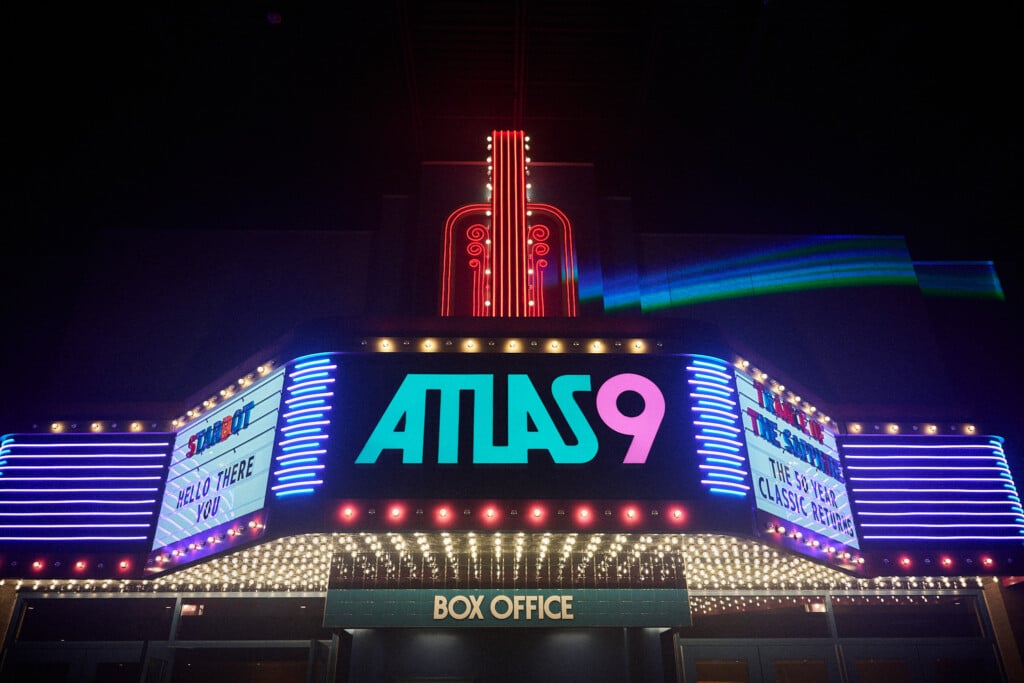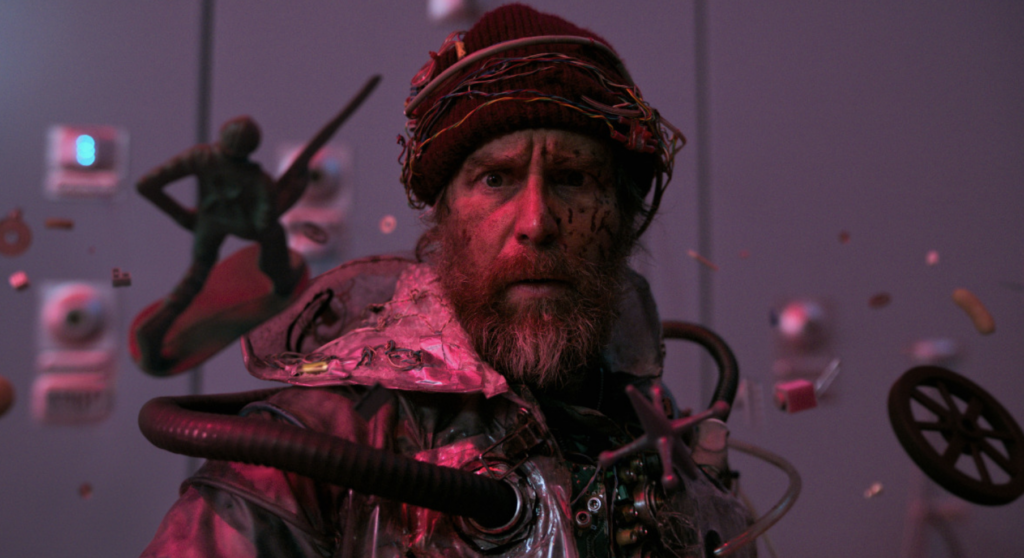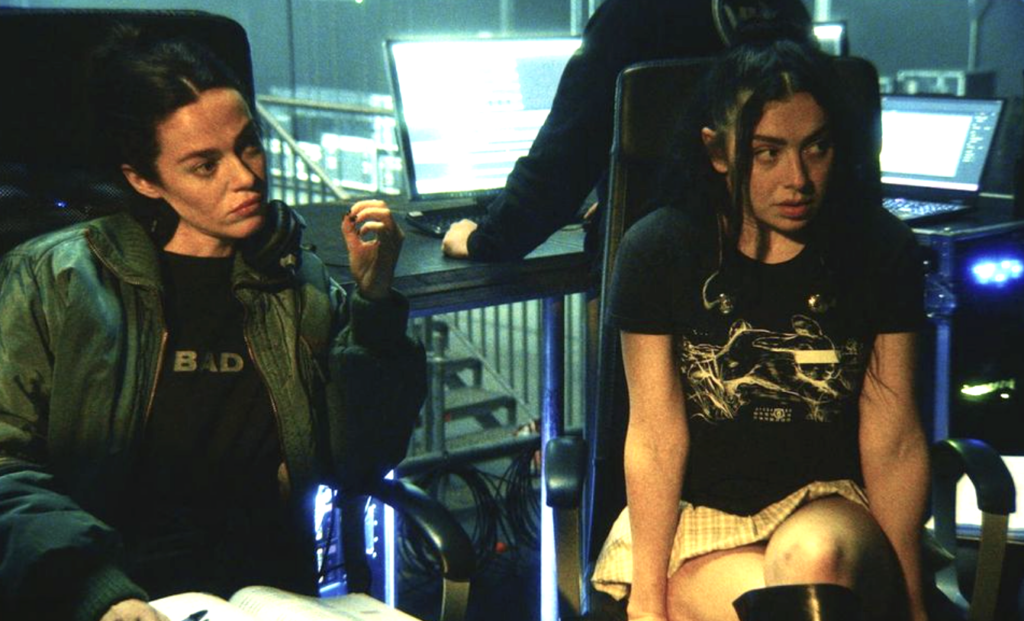Wicked: For Good does its damnedest to burst your pink, frilly bubble
“People are more duped and intellectually lazy than they are malicious,” writes Franciscan priest Richard Rohr in The World, The Flesh and the Devil, a statement so accurately observed that I’ve taken it on lately as a kind of personal mantra. As scores of folks debating if they can stomach their relatives’ unhinged political ramblings over Thanksgiving can attest, many people who subscribe to hateful, judgmental rhetoric are not, themselves, hateful or evil. Often, they’ve just followed a specific set of beliefs they were raised with, and never questioned them.
People who go along to get along their whole lives, and never stop to wonder why may well eventually find themselves in a spot they never thought they’d be, hoodwinked by people who actively profit off their ignorance. For those of us with an inner monologue that never shuts up, that’s a frustrating reality to live alongside.
For the folks who follow the Wicked lyric “Life’s more painless for the brainless,” it’s not a problem if you never open your eyes.
While the first Wicked movie brought some joy and excitement to a decidedly un-joyful time, part two, Wicked: For Good is an unintentionally (or maybe just perennially) timely examination of how easily people are exploited by those with actual malicious intent.
This is still a gauzy fairy tale wrapped up in unnecessarily goofy fantasy slang (take a drink every time you hear the phrase “clock tick” instead of “moment” and you’ll be schnockered by minute 45) but there’s admirable substance to this second entry that makes it hit harder than one might expect.
When we arrive back in Oz, Elphaba’s (Cynthia Erivo) quest to discredit the charlatan Wizard (Jeff Goldblum) is well underway. Meanwhile, the Wizard and Madame Morrible (Michelle Yeoh) are waging a (highly successful) propaganda campaign against Elphaba, turning her into the Wicked Witch of legend. Glinda (Ariana Grande) has happily taken on the mantle of “Good Witch” and mouthpiece for the Wizard’s repressive government, while also trying to keep Elphaba, her best friend, safe from harm.
Rich kid Fiyero (Jonathan Bailey), is now captain of the task force assigned to hunt Elphaba down, which is a real bummer because he still has feelings for her despite being Glinda’s main squeeze. Elphaba’s sister Nessa (Marissa Bode), now the mayor of Munchkinland, is up to repressive antics of her own as she tries to keep her munchkin crush Boq (Ethan Slater), who doesn’t return those affections, from leaving her.
There’s a strong undercurrent of fighting burnout in Elphaba’s crusade to unmask the Wizard and return Oz’s oppressed talking animals to the lives they once freely lived. Within Glinda’s arc, there’s a tale of someone who’s gotten along just fine, taking a moment to realize the implications of the system they’re supporting. The two new songs written for this film by the musical’s creator, Stephen Schwartz, speak specifically to fighting for what’s right in the face of overwhelming discouragement (“No Place Like Home,” sung by Elphaba) and making a conscious choice to stop passively supporting harmful leaders (“The Girl in the Bubble,” sung by Glinda).
It’s genuinely impressive that Wicked: For Good manages to justify its existence as a standalone film, considering that the back half of the stage musical is far from anyone’s favorite part. Returning director Jon M. Chu finds distinct themes to foreground in this half that ensure the second entry has as much impact as the buoyant, confectionery-sweet first one.
For Good is a little dark, a little more serious and disillusioned with all that candy coating, but it’s not throwing out the baby with the bathwater. “Wonderful,” which sees The Wizard and Glinda try in vain to entice Elphaba into an alliance, is a charming number rich with visual detail. The entertainingly dismissive way the musical handles Dorothy’s arrival in Oz is similarly fun here, too.
Fans of the first Wicked movie are going to enjoy this thing no matter what — it carries over everything people enjoyed about the previous entry.
It is, however, worth appreciating that everyone involved in the project understands that the show’s themes have contemporary resonance, and wants to make sure audiences don’t miss that. We’re in the middle of a period where corporate overtaking of news media has eroded most of our trust in the people who are supposed to keep us updated.
Some of us are still trying to extricate loved ones from the firehose of racist, sexist, xenophobic sewage they willingly consume daily. Some of us are just trying to survive in spite of all that stuff. Under those conditions, it feels better than ever to find large-scale entertainment that makes us feel less alone, and encourages the people willfully out of the loop to start paying attention,






